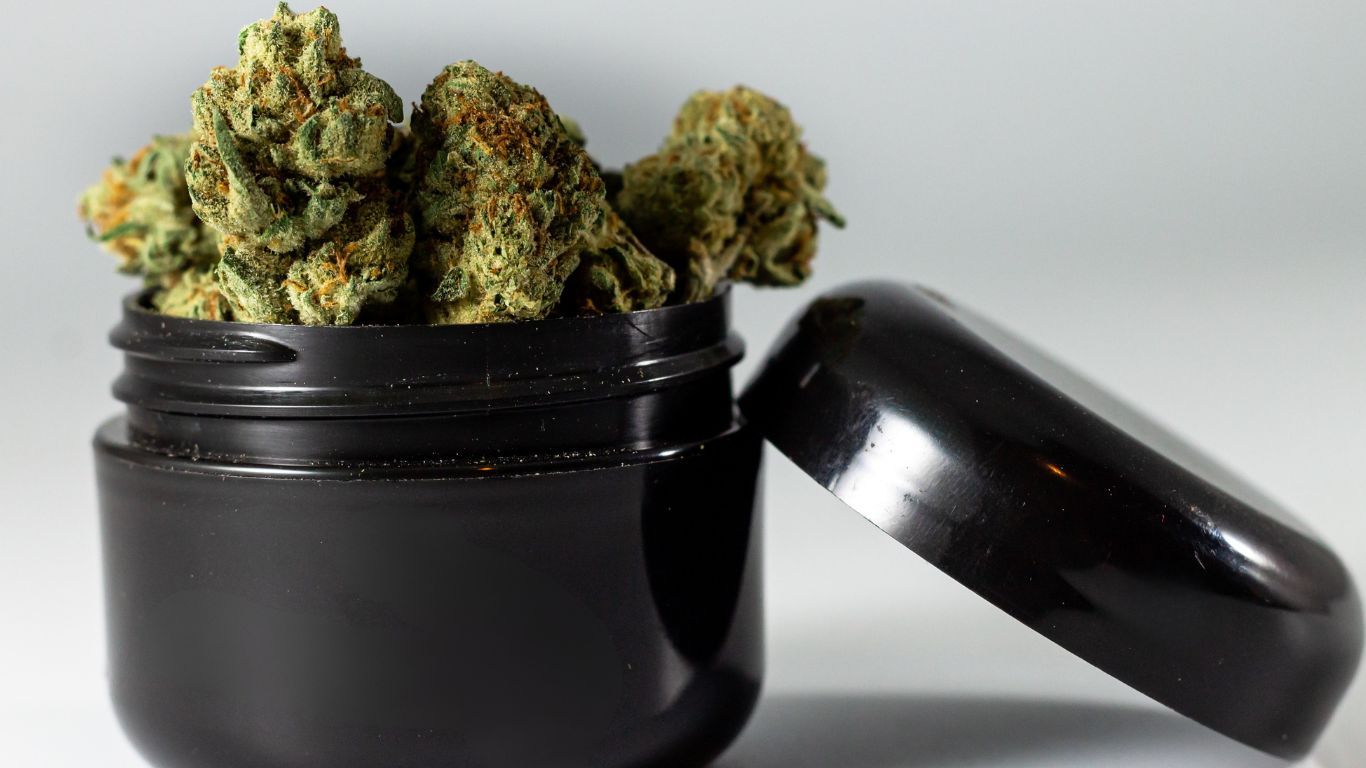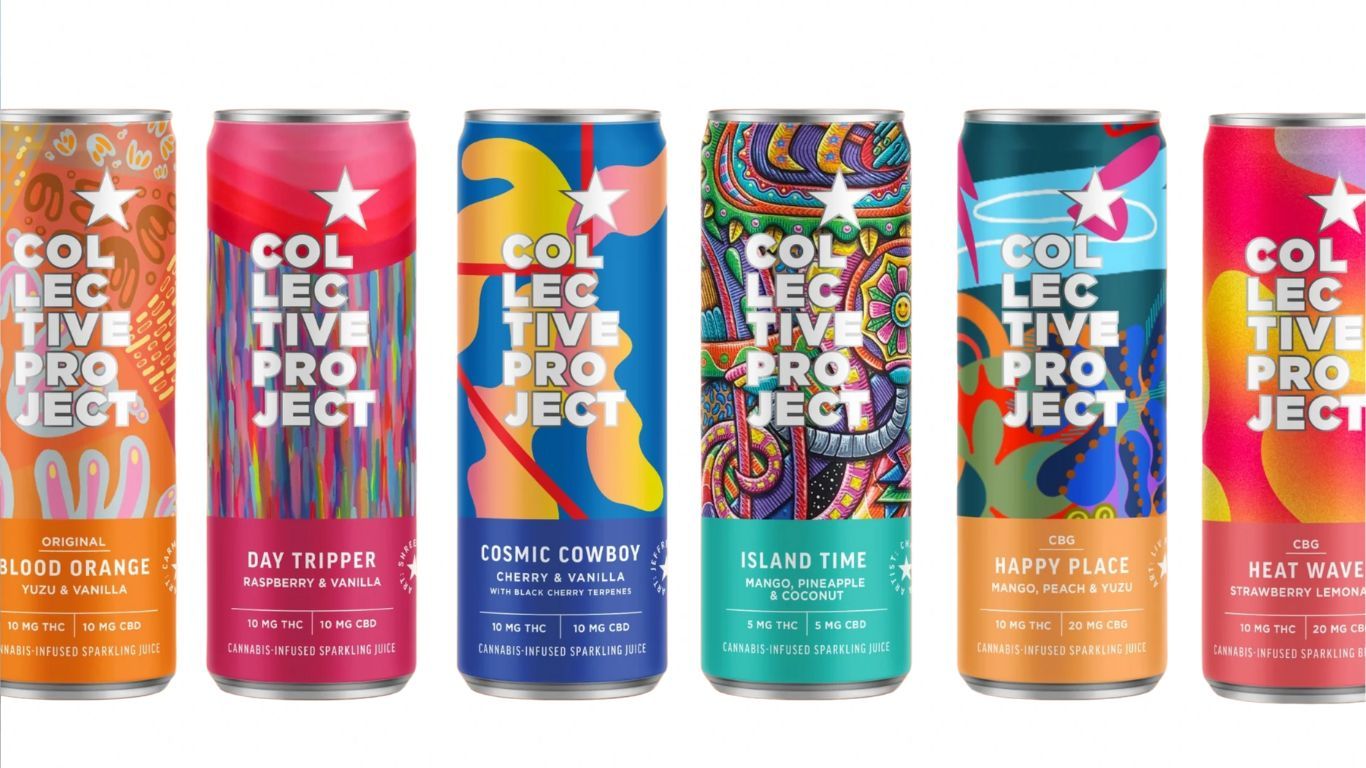
An Alberta court has ruled that the THC limits for cannabis oils established by Health Canada under the country’s previous medical cannabis regulations are a violation of Section 7 of the Canadian Charter of Rights and Freedoms.
Given that the ACMPR was repealed and replaced by the federal Cannabis Act in 2018, it is unclear how this will impact products sold to medical patients or sold under the non medical market by federally-licensed producers.
The case, R v Howell, was brought about by a medical cannabis grower, Shaun Howell, who was charged with unlawfully possessing cannabis in an amount exceeding three kg for the purpose of trafficking, as well as the illegal production of cannabis on March 24, 2017.
Howell argued that his charges should be dismissed because the Controlled Drugs and Substances Act (CDSA) and the Access to Cannabis for Medical Purposes Act (ACMPR) are in violation of section 7 of the Charter of Rights and Freedoms. Although the judge in the case, the Honourable Mr. Justice Robert A. Graesser, ruled that based on the expert testimony he heard, Mr Howell’s argument in regard to his trafficking chargers was not a Charter violation, he did rule that the THC limitation of 30mg/ml on THC oil or 10 mg per capsule was a violation of the Charter.
I am satisfied that the ACMPRs violate section 7 in relating to the prohibition on concentrations of THC in cannabis oil and extracts above 30 mg/mL, and in the manner of distribution of medical cannabis by LPs.
Honourable Mr. Justice Robert A. Graesser
Court records show that Howell says he first began growing medical marihuana under a personal production licence from Health Canada in 2014, but no supporting documentation was ever provided. Over time, he explains he began growing for and supplying others with cannabis for various medical uses.
Howell also sought to apply to become a licensed producer under first the MMPR and then the ACMPR, however his applications were not approved and he was never licensed to produce cannabis either for himself, or others. He told the court that he believed that his producing cannabis for another medical patient was covered under the Allard ruling.
After hearing from Howell, as well as several of his own witnesses, as well as experts for the Crown, the court ruled that Howell’s charges connected to trafficking cannabis were not a violation of the Charter. But the court also ruled that, based on the testimony of several of these witnesses, that the THC limitation of 30mg/ml on THC oil or 10 mg per capsule was a violation of the Charter.
The Judge notes that as the ACMPRs are no longer in force, he grants “declaratory relief” under section 52(1) of the Constitution Act. Declaratory relief refers to a judgment of a court which determines the rights of parties but does not order anything should be done or any damages awarded.
Although this ruling does not directly impact the current limits for cannabis oil and edibles under the Cannabis Act, a person close to the case says it does open the opportunity for a future charter challenge of these limits within the Act.











